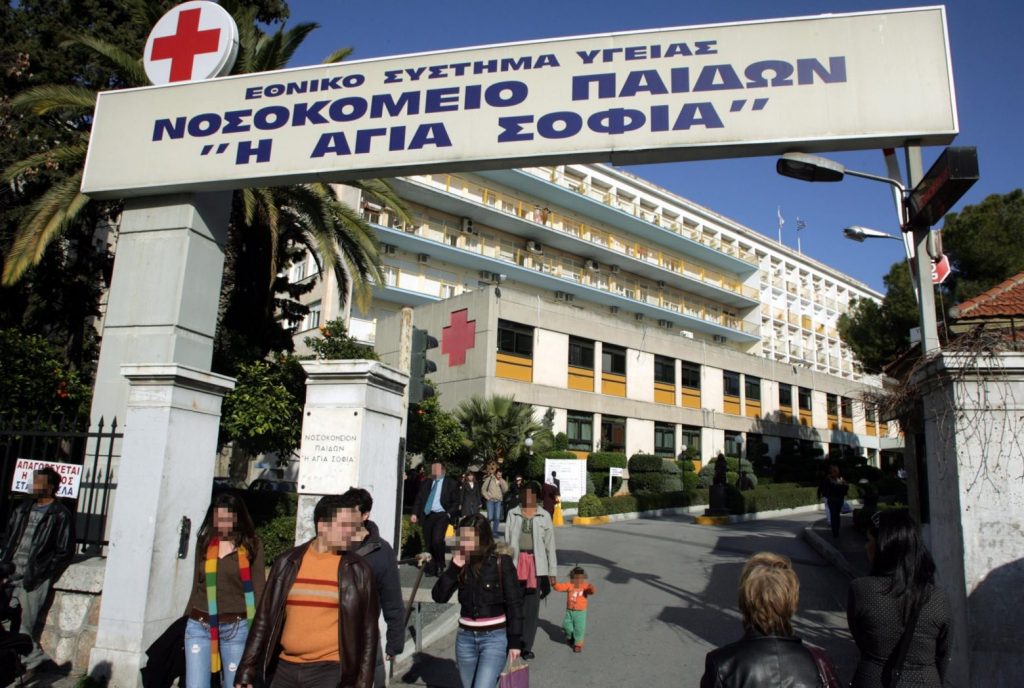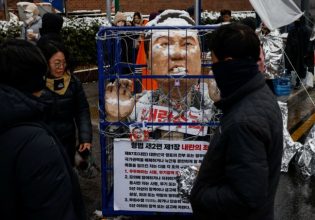
Editorial Ta Nea: Dysfunctions at National Health System hospitals are the rule
One must set aside temporary measures for understaffing – such as limited-time transfers of doctors from one hospital to another – and urgently seek solutions that will be effective in the long run.
The lack of anaesthesiologists at the Agia Sophia Children’s Hospital in Athens had led to a suspension of surgeries.
The health ministry responded to the protests of doctors with a two-month transfer of two anaesthesiologists from other hospitals.
This grave problem, on which Ta Nea had reported, was widely publicised.
Yet, as our report today reveals, serious problems remain at the country’s largest children’s hospital.
They linger because the problem of understaffing in this specialisation is one of many that hinder its smooth operation.
Unfortunately, the predicament that this hospital faces is not an exception, but rather the rule.
The pandemic highlighted and aggravated the overall difficulties and challenges with which Greece’s National Health System is confronted.
Most hospitals are called upon to treat patients with fewer doctors and healthcare workers than necessary, without adequate infrastructure, and with increased operational costs.
Consequently, the waiting lists for surgery are continually growing longer.
The time has come to set aside temporary measures – such as limited-time transfers of doctors from one hospital to another – and to urgently seek solutions that will prove effective in the long run.
Less than two years ago, during the pandemic, we all acknowledged the value of the National Health System, and lauded the people who made it work despite the difficulties.
Doctors and healthcare workers may no longer be making headlines, but health will never cease to be the highest good for all of us.
Ακολουθήστε το in.gr στο Google News και μάθετε πρώτοι όλες τις ειδήσεις









































 Αριθμός Πιστοποίησης Μ.Η.Τ.232442
Αριθμός Πιστοποίησης Μ.Η.Τ.232442